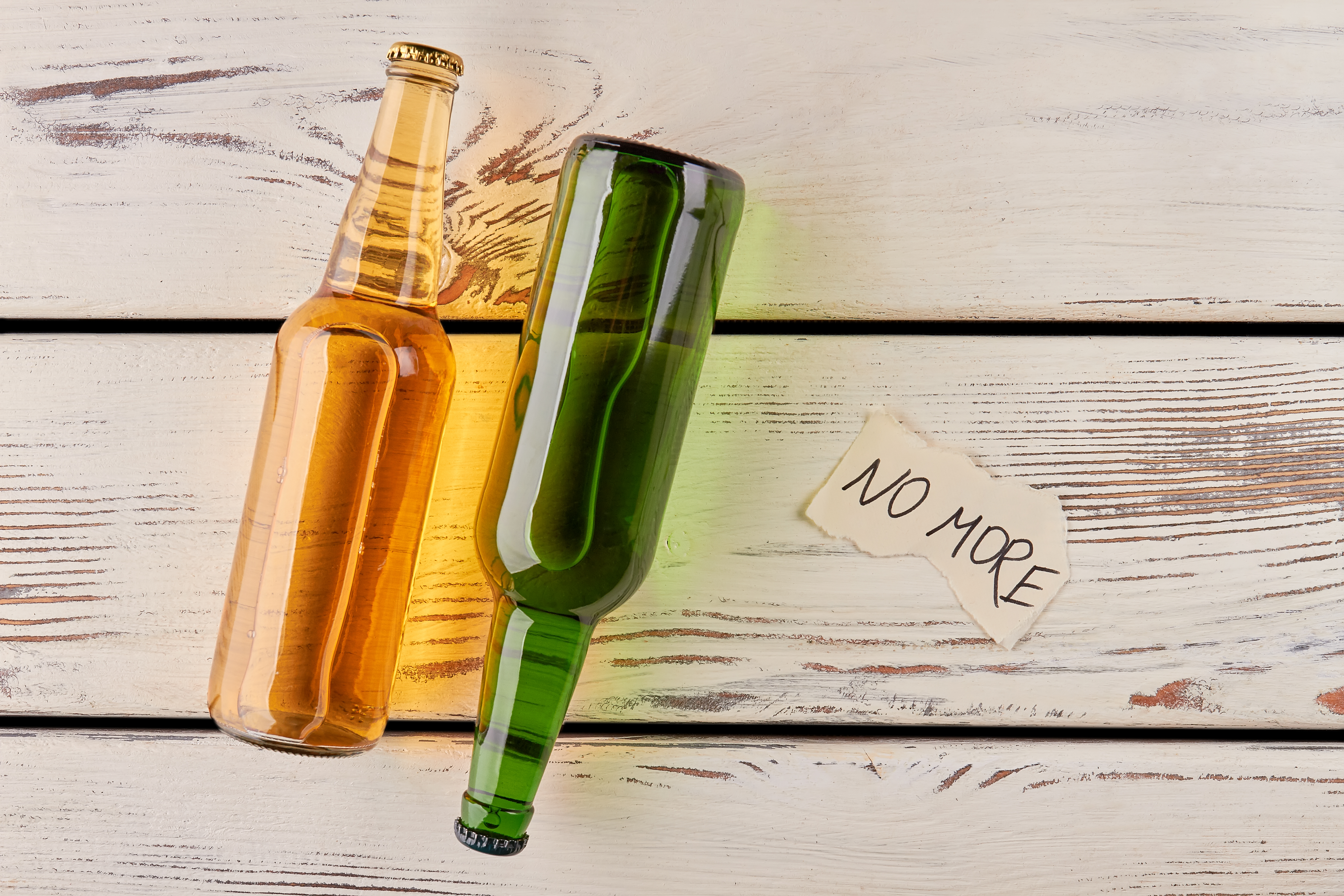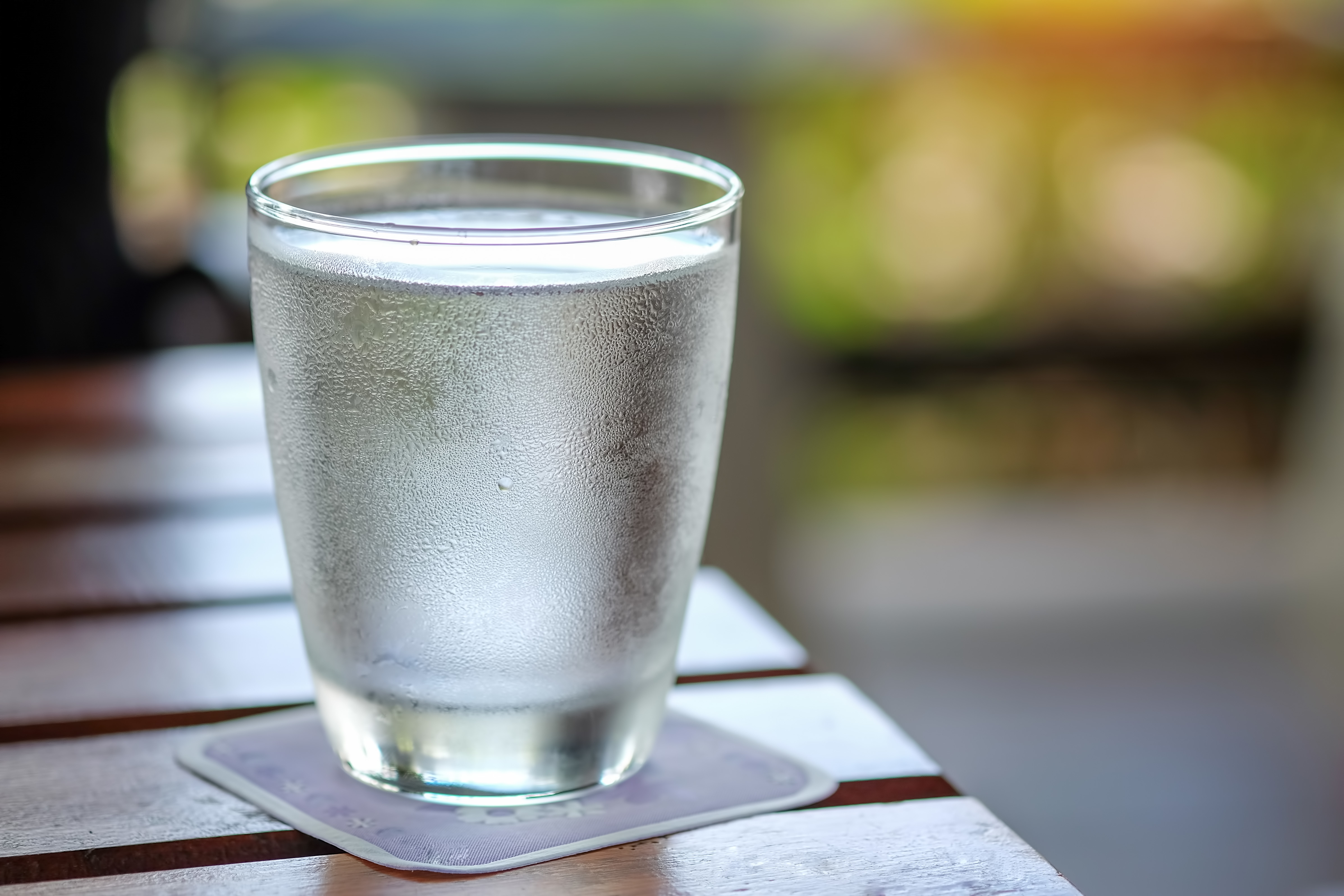10 Lifesaving Hangover Hacks for a Smoother Recovery
Hangovers are as old as the history of alcohol consumption itself. From ancient civilizations to modern societies, the aftermath of a night of revelry has been a shared human experience. While the symptoms of hangovers—headaches, nausea, fatigue, and dehydration—are universally loathed, understanding their causes and finding effective remedies can transform your post-party blues into a manageable inconvenience. This article delves into the ultimate hangover survival guide, offering 10 meticulously researched tips to ensure a smoother tomorrow. Each tip is grounded in scientific evidence, complemented by practical advice, and designed to help you navigate the morning after with ease. Whether you're a casual drinker or a seasoned connoisseur, mastering these strategies will empower you to enjoy your social gatherings without the dreaded repercussions.
1. Understanding Hangovers: The Biological Breakdown

To tackle hangovers effectively, it's crucial to understand the biological processes at play. Alcohol consumption affects the body in multiple ways, primarily through dehydration, hormonal imbalances, and the accumulation of toxic byproducts like acetaldehyde. When you drink, alcohol inhibits the production of vasopressin, a hormone responsible for water retention, leading to increased urination and dehydration. Simultaneously, alcohol disrupts the balance of electrolytes, which can exacerbate headaches and fatigue. Furthermore, the liver's attempt to metabolize alcohol results in acetaldehyde buildup, a compound more toxic than alcohol itself. Understanding these processes lays the foundation for targeted interventions that can mitigate hangover symptoms effectively.
2. Hydration: The First Line of Defense

The cornerstone of hangover prevention and relief is hydration. Alcohol consumption leads to significant fluid loss, making rehydration critical. Drinking water before, during, and after alcohol intake can significantly reduce the severity of hangovers. It's advisable to alternate alcoholic beverages with water to maintain hydration levels throughout the night. Additionally, incorporating electrolyte-rich drinks, such as sports drinks or coconut water, can help restore the balance of essential minerals lost through dehydration. By prioritizing hydration, you can alleviate common hangover symptoms such as headaches and dizziness, setting the stage for a more comfortable recovery.
